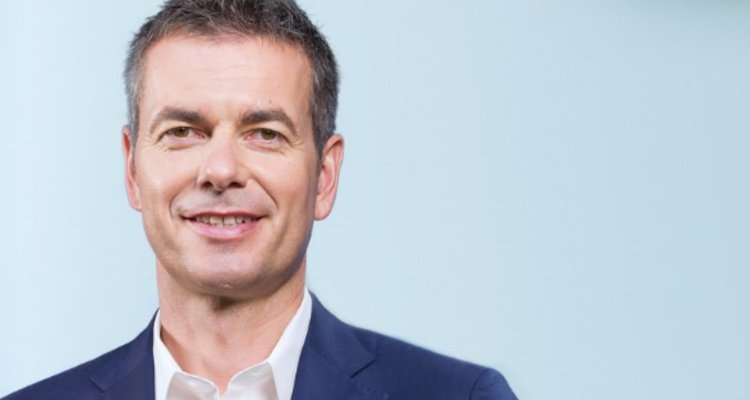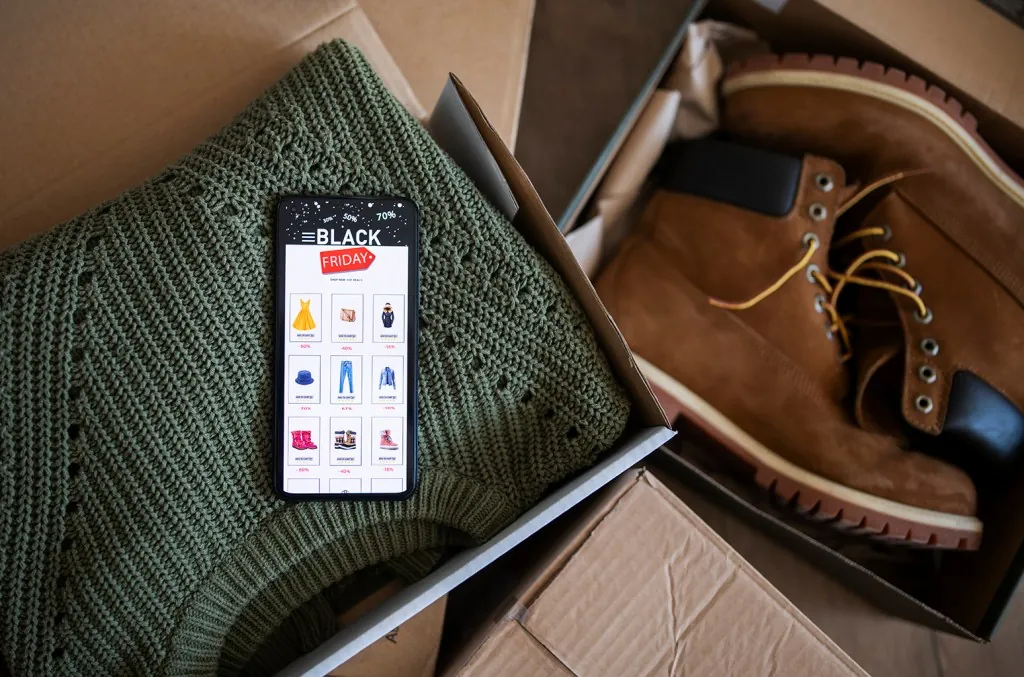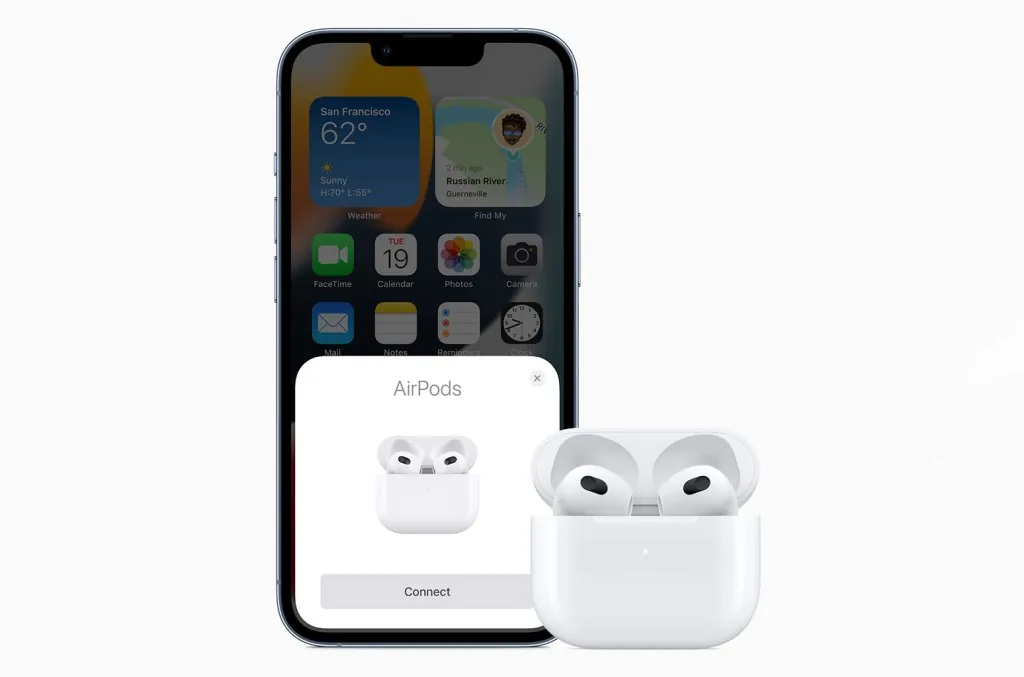Warner Music CEO Says More ‘Artist-Centric’ Agreements Are Forthcoming — But ‘Nothing of Note’ To Announce About a New Spotify Deal


Robert Kyncl. Photo Credit: Warner Music Group
After partnering with Deezer on its “artist-centric” model – and as Spotify reportedly prepares to implement sweeping compensation changes of its own – Warner Music Group is poised to explore similar deals with other platforms “in the coming months.”
Warner Music CEO Robert Kyncl, who’s advocated for streaming price increases and other royalty reforms throughout 2023, confirmed the forthcoming artist-centric deals today, during his company’s Q3 2023 (the fiscal fourth quarter) earnings call.
While the former YouTube chief business officer didn’t provide specifics, he did make clear that the retooled DSP agreements are expected to arrive relatively soon. (Subsequently, when asked about the timetable associated with a new Spotify licensing pact, Kyncl maintained that “there’s nothing of note to speak of.”)
“I see this as the most immediate and impactful growth lever for our industry,” Kyncl spelled out of streaming-service price bumps. “A more sophisticated and dynamic approach to consumer pricing will benefit the streaming platforms, music companies, artists, and songwriters – the entire ecosystem – driving greater investment and innovation.
“In the last year, we’ve seen the first round of subscription price increases across every major DSP, and we strongly believe there is a greater pricing opportunity in the future,” he proceeded. “Second, the evolution of royalty models. We’ve been consistently clear that streaming services should ascribe more value to what their customers value most.
“It’s the creativity of popular artists and songwriters that deliver subscriber engagement and growth. To state the obvious, premium music should be better compensated than low-quality filler or functional music. We were delighted to work with Deezer to help shape their new approach to rewarding premium music. Look out for similar developments with other partners in the coming months.
“While these proof points represent a good start, they are just that,” Kyncl concluded of the topic. “We will continue to work collaboratively with our partners to align behind the long-term growth of the industry.”
Elsewhere during the earnings call, Kyncl spoke at length about the perceived long-term significance of the just-announced deal bringing artists’ AI vocals to YouTube Shorts. Additionally, CFO Bryan Castellani described the anticipated revenue impact stemming from BMG’s split with Warner Music-owned ADA.
“We announced that our digital distribution agreement with BMG will end,” Castellani said of the subject. “To frame the impact, the total revenue contribution from BMG in fiscal 2023 was approximately 4% of total recorded music digital revenue, with negligible contribution to adjusted OIBDA.
“BMG has already started to bring its digital distribution in-house, and it will be largely rolled off by the end of October 2024. The impact to our Q1 ’24 recorded music digital revenue will be approximately $15 million, as both Spotify and Apple will transition this month.
“This impact will increase in Q2 and beyond,” continued the longtime Disney exec, communicating also that BMG physical distribution had “represented less than 2%” of WMG’s fiscal-year recorded revenue.
From there, Castellani acknowledged an upcoming $70 million windfall connected to a reupped licensing deal; the WMG CFO of one month didn’t identify the source of the payment, but his company in July scored an expanded deal with TikTok.
“Second, we have granted a licensing agreement extension for a catalog that will have a one-time favorable impact on recorded music licensing revenue and adjusted OIBDA of approximately $70 million in fiscal Q1 2024,” relayed Castellani. “While this is a multi-year licensing agreement extension, the revenue and adjusted OIBDA will be fully recognized in Q1.”
Link to the source article – https://www.digitalmusicnews.com/2023/11/16/warner-music-robert-kyncl-artist-centric/
Recommended for you
-
Coolmusic BP80 Battery Powered Acoustic Guitar Amplifier- Portable Bluetooth Speaker 100W, 6 Inputs,3 Band EQ,Black
$225,99 Buy From Amazon -
SOLUTEK Footswitch Topper Guitar Pedal Button Caps with 3 Set Screws and Protective Fitting Increasing Accuracy,Comfort for Common Switches diameter of 3/8″| SOLUTEK BUTTONS V1 12Pcs Multi-colors
$23,99 Buy From Amazon -
D’Addario Accessories Screeching Halt Acoustic Guitar Soundhole Cover – Acoustic Guitar Accessories – Eliminates Feedback,Black
$5,95 Buy From Amazon -
Ernie Ball Earthwood Medium Light Phosphor Bronze Acoustic Guitar Strings, 12-54 Gauge (P02146)
$6,99 Buy From Amazon -
Brass Military Trumpet Cavalry Bugle Orchestra Gold Color Professional
$31,66 Buy From Amazon -
Elixir Strings, Acoustic Guitar Strings, Phosphor Bronze with NANOWEB Coating, Longest-Lasting Rich and Full Tone with Comfortable Feel, 6 String Set, Light 12-53
$18,99 Buy From Amazon -
Otamatone Deluxe [Hatsune Miku Edition] Electronic Musical Instrument Portable Synthesizer from Japan Maywa Denki [Includes Removable Plush Wig]
$99,98 Buy From Amazon -
PreSonus Studio 26c 2×4, 192 kHz, USB Audio Interface with Studio One Artist and Ableton Live Lite DAW Recording Software
$0,00 Buy From Amazon













Responses